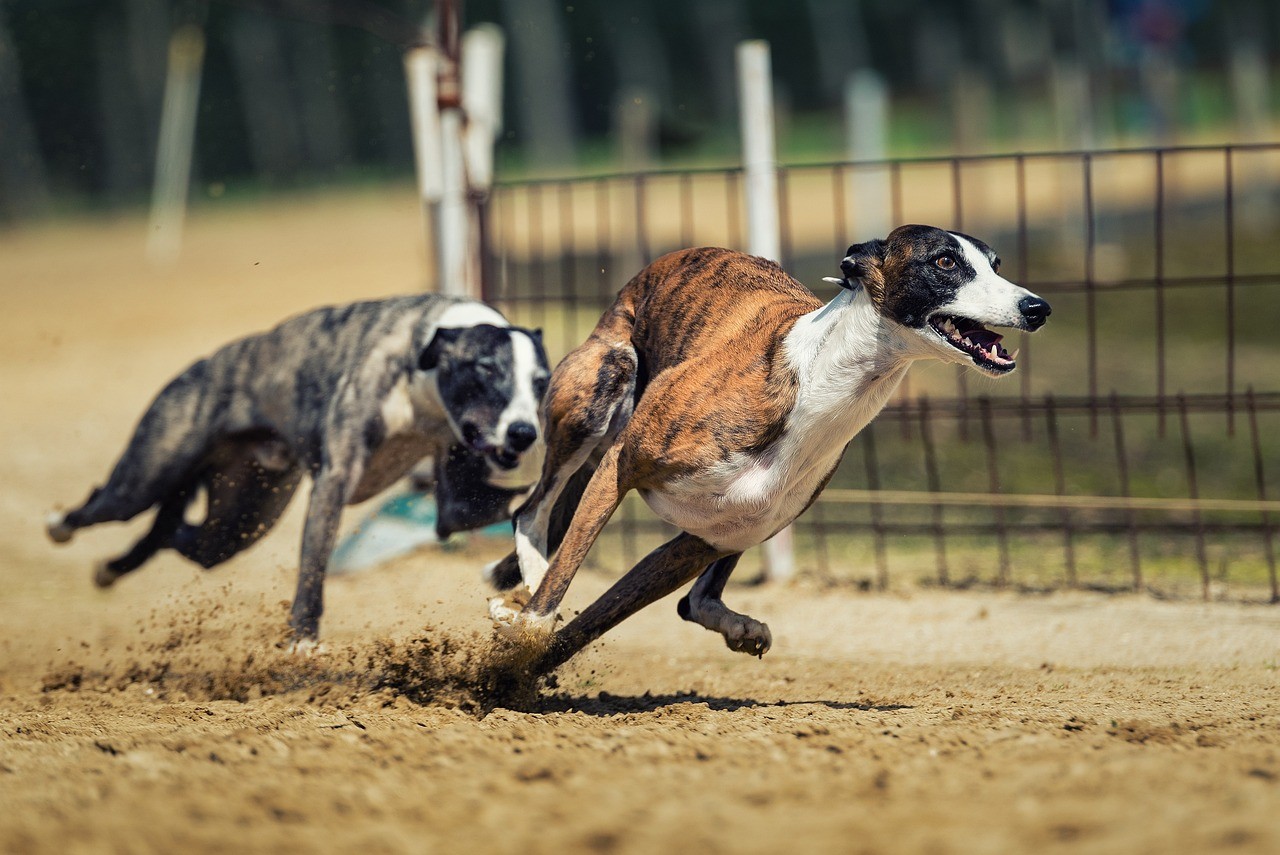
New Zealand has announced plans to phase out greyhound racing over the next 20 months, making a landmark decision driven by persistent concerns about racing dog injuries and fatalities.
Racing Minister Winston Peters announced on December 10 that despite improvements made by the industry, injury rates remain unacceptably high. The ban will take effect by August 1, 2026, allowing time for approximately 2,900 racing dogs to be rehomed and industry workers to transition to new employment.
The decision follows three government reviews of the industry in the past decade. Recent statistics paint a troubling picture - in 2021 alone, 232 racing dogs died and 900 suffered injuries. Over the following two years, nearly 2,500 injuries and 30 deaths were reported according to animal welfare groups.
The ban has drawn mixed reactions. Animal welfare organizations like the RSPCA have welcomed the move as a victory for greyhound protection. However, industry representatives express disappointment, arguing that recent safety improvements are being overlooked.
Mark Bird, chief executive of the Greyhound Board of Great Britain, called it "sad and distressing news" that could create rehoming challenges despite the relatively small number of dogs involved.
The New Zealand government has already introduced legislation to prevent unnecessary euthanasia of racing dogs. Further legal changes to formally end the sport will be brought to parliament in 2025.
New Zealand joins a growing movement questioning commercial greyhound racing, which remains legal in only four other countries - Australia, Ireland, the UK and the US. The industry currently represents 8.5% of New Zealand's NZ$1.3 billion racing sector and employs around 1,000 full-time workers.
The phase-out period aims to provide time for both the dogs and people affected to transition, while putting animal welfare at the forefront of the decision.